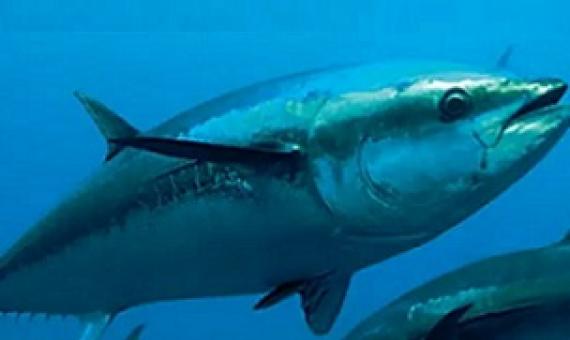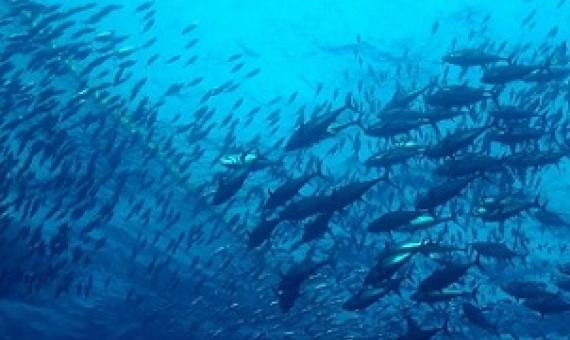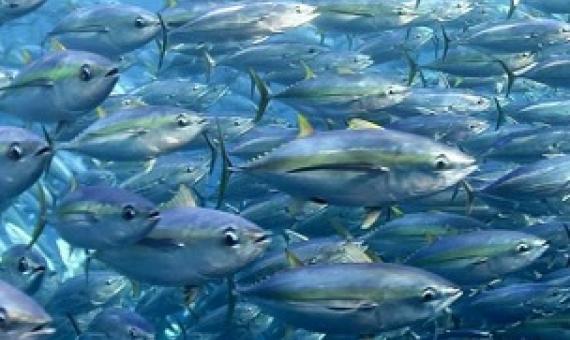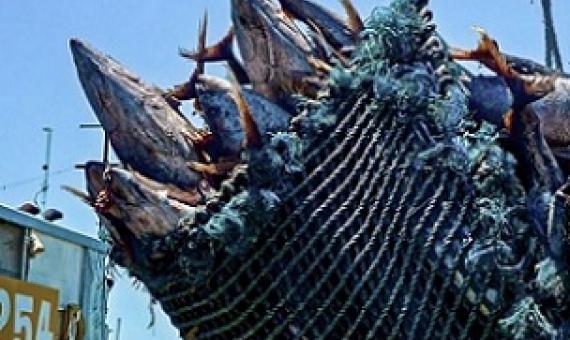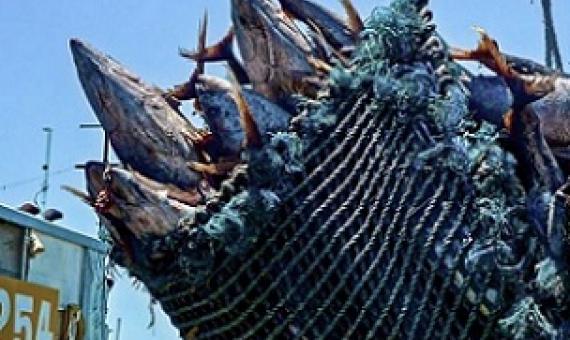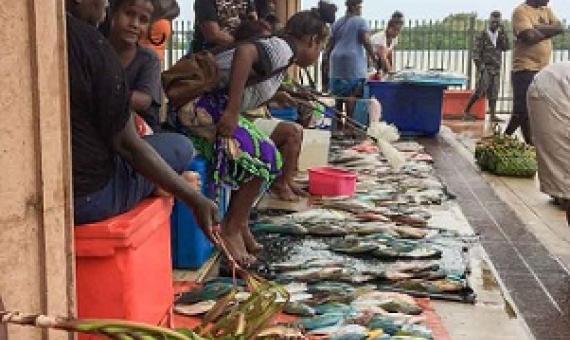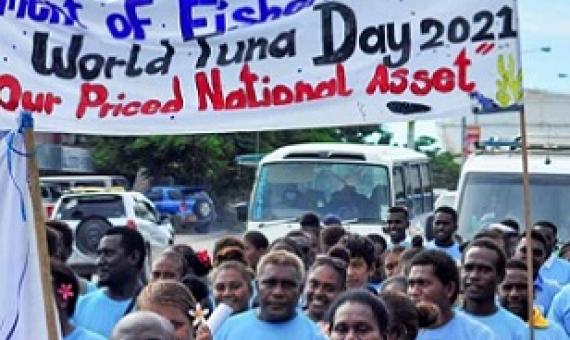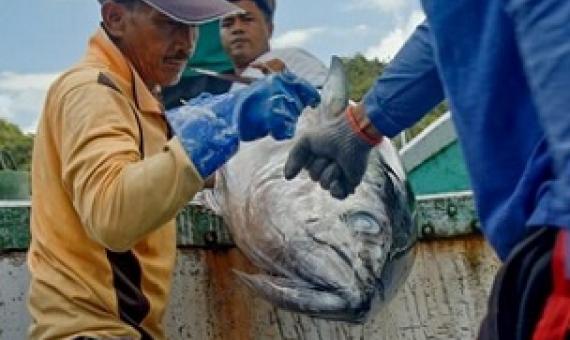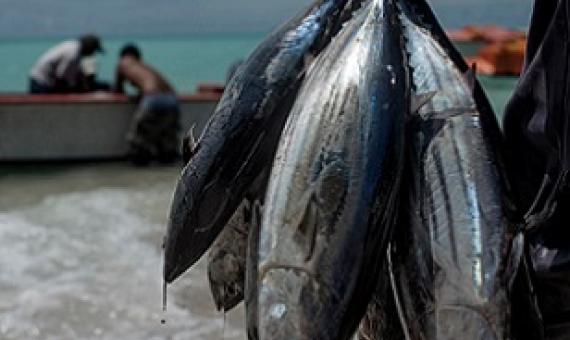Pathways to sustaining tuna-dependent Pacific Island economies during climate change
Climate-driven redistribution of tuna threatens to disrupt the economies of Pacific Small Island Developing States (SIDS) and sustainable management of the world’s largest tuna fishery. Here we show that by 2050, under a high greenhouse gas emissions scenario (RCP 8.5), the total biomass of three tuna species in the waters of ten Pacific SIDS could decline by an average of 13% (range =−5% to −20%) due to a greater proportion of fish occurring in the high seas.

